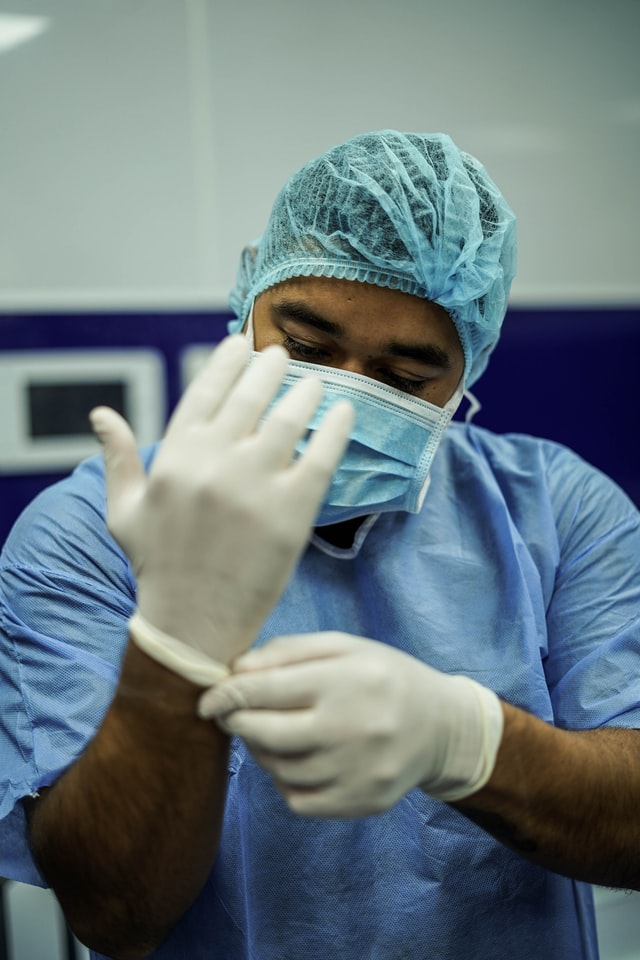Ontario, over 900 new infections and 8 deaths

TORONTO – Over 900 new Covid-19 infections and another 8 deaths related to the virus, today, in Ontario. Provincial health officials recorded 959 cases, up from 780 on Wednesday and 748 a week ago. Earlier this week, 964 cases had been reported on Sunday, 788 on Monday and 687 on Tuesday. The rise of infections resumes, therefore, once again during the weekend.
The moving average of daily cases over seven days continues to grow: today it reached 851, a significant increase compared to a week ago (692). Ontario labs processed over 38,400 tests in the past 24 hours, producing a positive rate of 2.9%, up from 2.6% a week ago.
Among the cases today, 446 were detected in individuals who are not vaccinated, 23 with a dose of the vaccine, 429 fully vaccinated and 61 with an unknown vaccination status. Unvaccinated individuals represent 23.5% of the total population of Ontario and 47% of the cases recorded today.
According to data from the Ministry of Health, as of December 1, 90% of people aged 12 and over in Ontario had received a dose of the vaccine and more than 87% had received due. Children between the ages of 5 and 11 in Ontario began receiving Pfizer injections last week, but provincial data on the vaccination status of this age group is not yet available.
Meanwhile, another 770 people have recovered from the virus in the last 24 hours and 6,932 cases remain active throughout the province, while the death toll linked to the virus in the province, since the beginning of the pandemic, with the deaths of today rises to 10,012 .
As for the distribution of cases today, the health units that registered the largest number of new species have Toronto (118), Windsor, Peel Region (75) and Simcoe Muskoka (75).
There are 291 people with the virus in Ontario hospitals and 155 in intensive care units. 129 of the ICU patients are not fully vaccinated or have unknown vaccination status and 26 are fully vaccinated.
Earlier this week, the Ontario Science Table released a report stating that the province’s health care system would not be able to accommodate the influx of critically ill patients it saw in the third wave due to “worsening health. shortage of staff “and” exhaustion of workers “.
“We are not robots. We are people, which means that even if we have enough ICU beds, we need nurses and doctors to look after patients,” Dr Peter Jüni, scientific director of the table, told Cp24 today. “If we went back to what we just had in the third wave, we probably wouldn’t be able to make it,” he added.
During the third wave last spring, ICU occupancy peaked at 900 beds across Ontario. Jüni said that to prevent the health system from being overwhelmed again, eligible Ontarians need to be vaccinated as soon as possible. “Get the vaccine and take the third dose right away. This is to be considered a three dose vaccine. We need this protection, because we don’t want anyone to end up in our intensive care units,” he said.
Currently, third doses are available for individuals 70 years of age and older, healthcare professionals, people who have received two doses of the AstraZeneca COVID-19 vaccine or other viral vector vaccines, selected immunocompromised individuals, and all indigenous peoples of the province.
Photo by Magdiel Lagos on Unsplash



